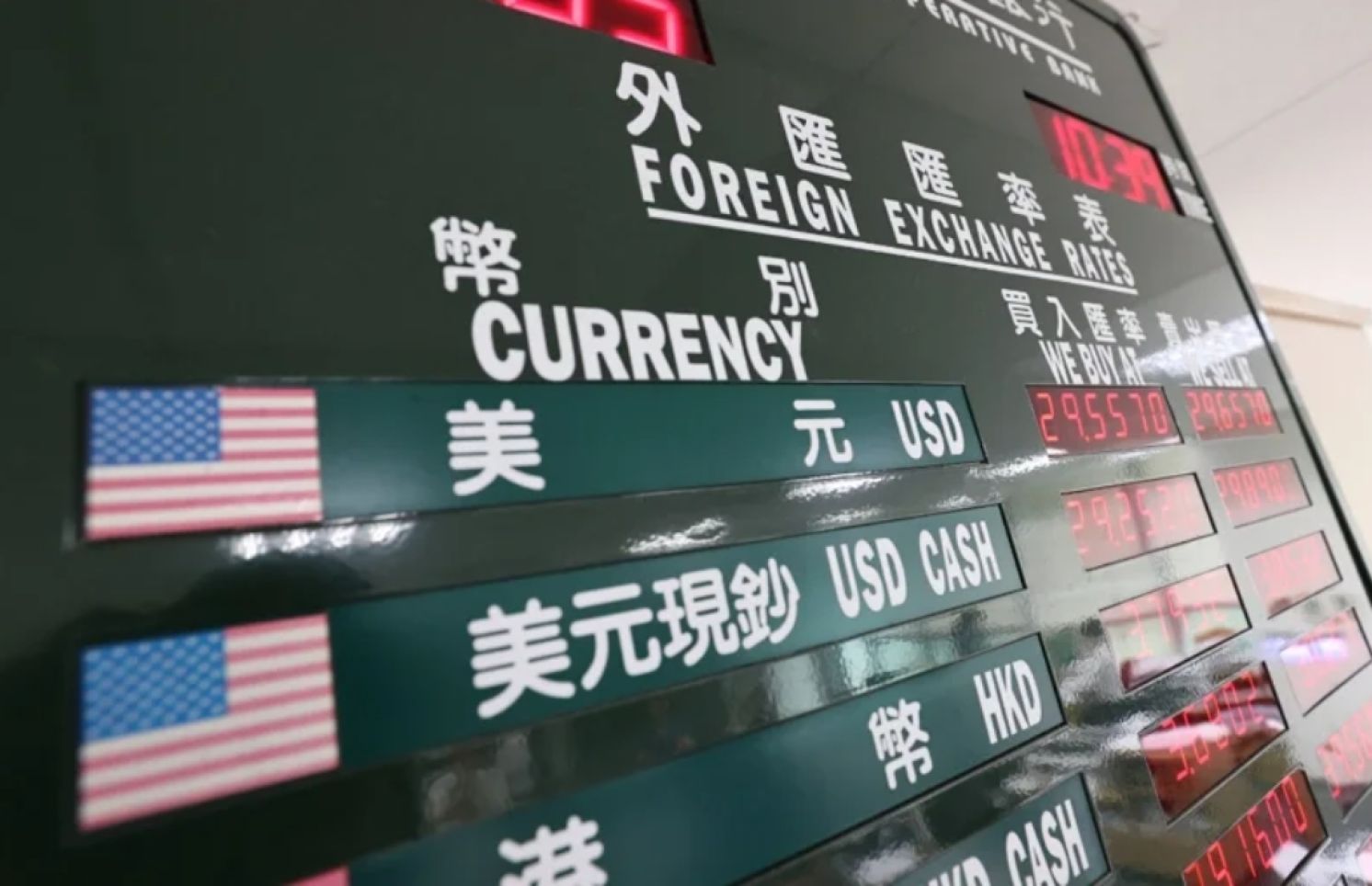
Offsetting Tariffs with Exchange Rates Suffocates Business Survival
China Times Editorial, May 6, 2025
The government delegation led by Vice Premier Cheng Li-chiun and Minister without Portfolio and Trade Representative Yang Jen-ni concluded its first round of in-person trade talks with the United States in Washington on May 1, which focused on reciprocal tariffs and various economic issues. Coincidentally, immediately after the government announced the start of negotiations, the New Taiwan Dollar (NTD) posted its largest single-day appreciation against the U.S. dollar on May 2 since central bank records began. By May 5, the surge continued, with the NTD soaring 1.872 points (6.21 percent) in just two trading days—an epic rise akin to a runaway train. This raises serious suspicion: Is the government’s so-called unspoken bargaining chip essentially offering NTD appreciation in exchange for the United States lowering reciprocal tariffs?
On May 5, both Governor Yang Chin-long of the Central Bank and President Lai Ching-te made rare, back-to-back public statements explaining the NTD’s recent appreciation. They attributed it to Taiwan’s strong economic fundamentals, foreign capital inflows, and market expectations. They denied any involvement of the central bank in trade talks or any discussions of currency in the U.S.-Taiwan tariff negotiations, even suggesting market speculation by currency vultures. But ultimately, these claims seem more like feeble denials. The true force behind the NTD’s near-manic rise appears to be the Lai administration and the central bank itself.
First, if the NTD’s appreciation truly reflected economic growth, why didn't it happen earlier—say, in January when full-year 2023 economic growth rate was reported at 4.59 percent, or in April when strong Q1 export performance was revealed? Why did it happen only after Vice Premier Cheng’s delegation met with U.S. officials? It’s as if the whole world suddenly discovered Taiwan’s superb economic performance overnight, right after the negotiations began. Such a far-fetched narrative would struggle to convince even soap opera viewers, yet the government is using it to deceive both the public and businesses.
Second, the Central Bank’s shift in position is glaring. In the past, it consistently cited the “willow tree theory” to justify interventions in the currency market. But since May, it has seemingly let go of the reins—possibly even encouraging the NTD to climb. With Taiwan sitting on over US$580 billion in foreign exchange reserves, the central bank has all the tools to cap appreciation, manage expectations, and fend off speculators. That it chose not to intervene strongly suggests top-down directives.
On the surface, a stronger NTD benefits consumers by boosting purchasing power for imports. The recent rush to exchange currency, causing outages and queues at online banks, reflects a "get-rich-quick" mentality. But the lessons of Japan’s lost decade after the Plaza Accord loom large. Taiwan’s export-driven economy can’t afford a strong currency, which erodes pricing competitiveness. Electronics giants and life insurers are especially vulnerable to forex losses, which eat into profits and eventually drag down share prices and the broader stock market.
Put simply, for small and medium-sized exporters, high tariffs are a death sentence—but only for U.S.-bound exports. NTD appreciation, however, leaves no escape. A 10-percentage point rise in the exchange rate equates to a 10 percent price hike for Taiwanese products, making it impossible to compete with cheaper Asian rivals like Japan and South Korea. Estimates show that for every NT$1 appreciation, tech sector net profits shrink by 4 to 6 percent. Even order-filled giants like the Taiwan Semiconductor Manufacturing Company (TSMC) will suffer. Payments come in U.S. dollars, so each NT$1 appreciation against the U.S. dollar would result in a NT$100 million foreign exchange loss from every US$100 million in revenue. On May 5 alone, TSMC’s foreign exchange losses likely topped NT$80 billion.
No matter how you crunch the numbers, NTD appreciation is a net negative for Taiwanese businesses. But for the Lai administration, trading exchange rates for tariff reductions might look like a political win, even if it's an economic loss. It creates the illusion of diplomatic success—“U.S.-Taiwan friendship” and “effective negotiations”—while the real cost is paid by domestic companies sacrificed as bargaining chips. It’s a deceptive ploy to maintain the façade of strong U.S.-Taiwan relations.
From gifting TSMC’s expanded U.S. investment ahead of Trump’s reciprocal tariff plan to this recent out-of-control NTD surge, the Lai administration’s playbook has been consistent: secretive negotiations with little transparency and one-sided concessions. The outcome? Taiwan keeps throwing itself at the cold shoulder of American policy. This time, even the central bank’s independence appears to be collateral damage. Despite repeated denials of a Mar-a-Lago-style or Plaza Accord-like deal, the government’s willingness to sacrifice currency stability and industrial competitiveness is plain for all to see.
From: https://www.chinatimes.com/opinion/20250506004250-262101?chdtv